When my ex-husband asked for a divorce mid-2019, my mind flashed back to a journal article I read years earlier. Research indicated that most marriages—around 75 percent—involving a chronically ill partner end in divorce. Despite my laundry list of health issues, I was adamant we wouldn’t fall into that statistic, that I had found my forever home. Yet, I found myself sitting on my bed consoling him while my world—all I had of family—fell apart.
When I had initially learned about the high divorce rates in illness-involved relationships, I was terrified. For a lot of my life, I didn’t feel connected to others. My family of origin is very right-wing, and I never had a ton of close friends. Most of the friends I did make didn’t stick around long. I didn’t let them get away with saying or doing harmful things and, honestly, was more of a background character in others’ lives. It really felt like my ex was all I had. Within a few years, we were living together and engaged. The entire time, I was afraid to make any ripples—not because of him, but that lingering fear. After we were married, I tried to focus on the fact that we were happy.
Still, that question loomed over my head.
In 2015, I went to a conference in Milwaukee centered around one of my conditions. I mostly saw it as a great chance to see friends I’d never met in person. On one of the days, several of us popped into a conference room for a session on sex and relationships. People the ages of 18 to 70 and from across the U.S. sat in that room around me. The questions from the audience shocked me—not because of their explicitness, but rather the opposite. People in their 60s were asking questions covered in many sex education classes—and that’s coming from someone who watched Riding in Cars with Boys for part of that week!
I always knew that sex education was subpar in areas of the US. In high school, I wrote a senior capstone comparing sex education in the United States to key countries in Europe. Even in the mid-2000s, it was clear that the American way of doing things was not providing the right kind of information to the average person.
Flash back to a hotel ballroom in Milwaukee. As we sat together, I wondered how some of the personal questions being asked hadn’t been brought up to medical professionals before. Needless to say, I dug into the topic more and realized two things: 1) Sex education isn’t just awful for the average person. Primary care doctors get an average of less than 10 hours in the U.S. and Canada! That’s mostly focused on fertility and erection-related issues. No one has really cared as much about the clitoris; and 2) People were afraid to ask their doctors about things related to sex. It took me a while—and becoming a sex educator—to see why.
Running with the ideas in my head, I began to focus more of my work on convincing fellow patients that they deserved a fulfilling sex life. Ableism tells us that lives with disabilities or pain aren’t as precious, that those of us in that position should just be happy we’ve alive over craving love, sex, etc. In reality, disability issues are just as much a part of the human condition as wanting to have satisfying sex. No one deserves to have their sex lives deemed unimportant, but especially when that’s due to a denial of our basic humanity and autonomy.
Within a few years, I began to struggle with my own sex life. I had come out as being transgender and queer in the fall of 2016. As I shifted to become more masculine in appearance, my husband struggled. At the same time, it felt like I was oversharing or overburdening him when talking about my pain levels or trying to put a name to undiagnosed conditions. That distance carried over to the bedroom and the sex life we had slowly disappeared. I assumed that he would speak up and ask questions, something he’d done with my health issues. While he was supportive, there was a disconnect, a tension there. We had settled on what we thought a cause was at one point, but it never felt like it got resolved.
Ever true to myself, I assumed a lack of communication meant things were okay. In reality, neither of us likes conflict, so we both retreated into our own things.
In the height of this, we hit our two-year wedding anniversary. Missing touch and knowing that asking for it never led anywhere, I brought up the idea of polyamory, or ‘opening up’ our relationship. It didn’t go well, and he thought I had fallen out of love with him when the reality couldn’t be further from the truth. I wanted him to not feel the pressure that comes with the toxically monogamous notion that he would have to be my everything. Instead, I feel like I broke his heart. Over a week, we had conversations about what that meant about our emotional bond with me assuring him that I still adored him.
My ex never bought into too much toxic masculinity, but he doesn’t cry much. That week was different, and I knew it was my fault. In classic fashion, I internalized that pain.
Within weeks, I began having alarming symptoms. What I now know is that I was suffering from vaginismus, a condition that causes intense muscle spasms in the pelvic floor muscles. That pain is something so incredibly difficult to describe—it was hot, throbbing, sharp, dull, achy, and more. I’ve had chronic pain since kindergarten and this was a whole different ball game. I stopped sleeping through the night, instead waking up around 3:00 a.m. ready to pass out from the pain, but trying desperately to calm it down.
When I brought this up to my primary doctor—an ob/gyn—she ran some tests but promptly tossed me aside when they came back fine. It took me asking for a referral to physical therapy to get any help. That was after nearly two months of waiting for an answer.
Frankly, it wasn’t until recently that vaginismus came up as the diagnosis. In talking with someone else describing their pain and how it was misdiagnosed, I realized this is what had happened to me, too. Thankfully, the physical therapy gave me the tools to ease those muscles. It’s very rare for me to have any spasms now, let alone in the same way.
When I was in physical therapy, they didn’t firmly diagnose me with vaginismus but with bladder spasms. The reality of the matter is that my providers weren’t asking the right questions about my pain. And, honestly? I wasn’t telling them the right things, either.
There was a disconnect between the language they used, the language I used, and the shame I felt—not only around body parts, but also around past trauma and gender dysphoria.
My experience with seeking a diagnosis and treatment for this pain led me to develop a research project. Anecdotally, it’s clear that patients and health care providers struggle to talk about sex, sexuality, and gender. This is true in the exam room, across electronic medical record systems, and more. In 2019, I received a grant from The Effing Foundation for Sex-Positivity to explore what patients’ experiences were more directly. The data we’ve collected will lead to the development of a guide for patients on how to have these conversations. Eventually, we’ll do the same with providers, creating a collaborative guide they can use together in the exam room.
Thankfully, the last few years have brought me a good kind of change.
I loved my ex a lot, but we are better as friends. That relationship isn’t gone, but just shifted as many do over time. I’ve gained other partners locally and across the U.S., solidifying that my being trans or on testosterone isn’t a deal breaker for the right people. The vaginismus only hits here and there, leaving me to have as much or as little sex as I want. My chronic pain has improved, a combination of finding the right providers, physical therapy exercises for new diagnoses, and being both privileged and lucky. I found a healthy physical outlet in hockey, one that brought the best people across Madison into my life.
The world is a dumpster fire. Things are terrifying and have been for a while. Back in June 2019, I thought my world was ending because it was turning into something I didn’t recognize. What I learned, though, was that home isn’t a person or a place. It’s a feeling. Despite all of the uncertainty around us, I finally feel like I’m right where I need to be. May we all be so lucky to find our place in the resistance.


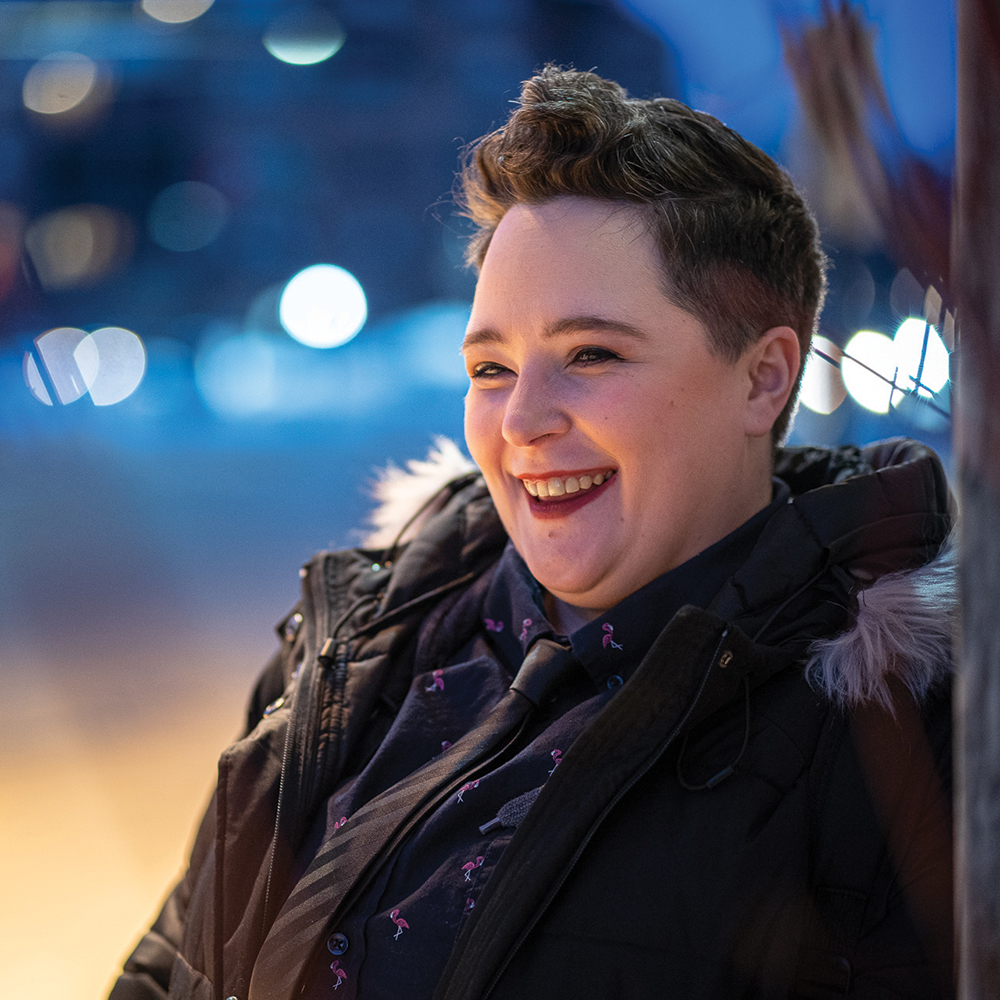



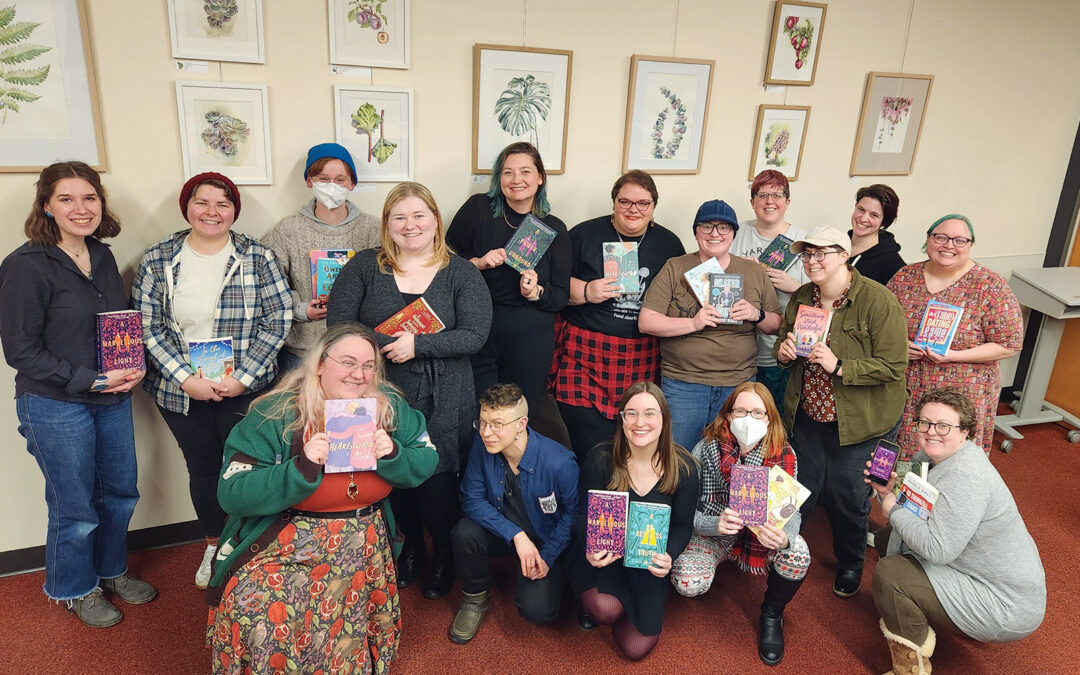
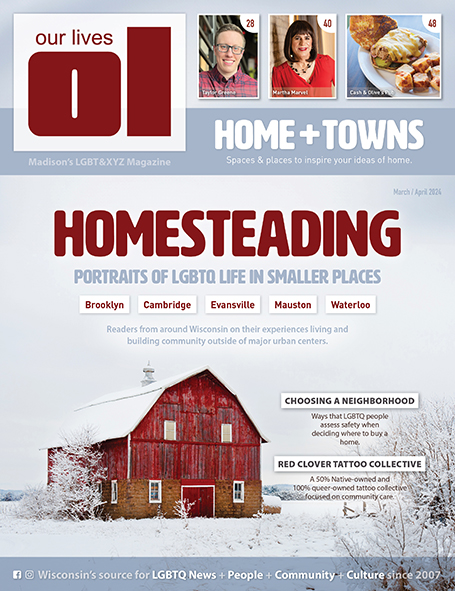
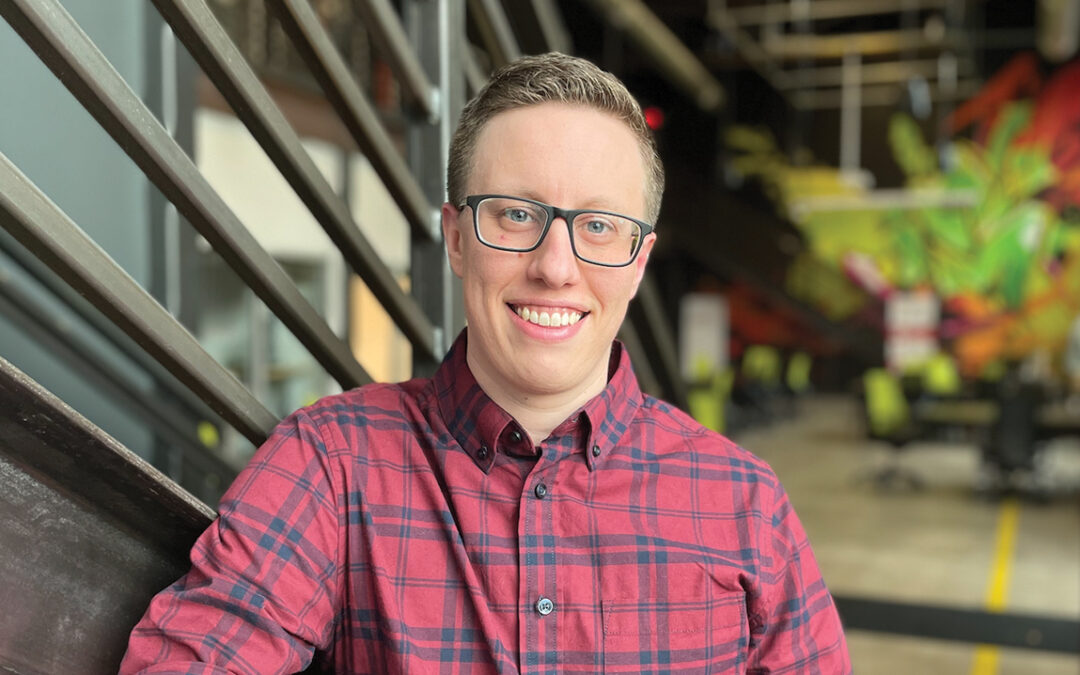
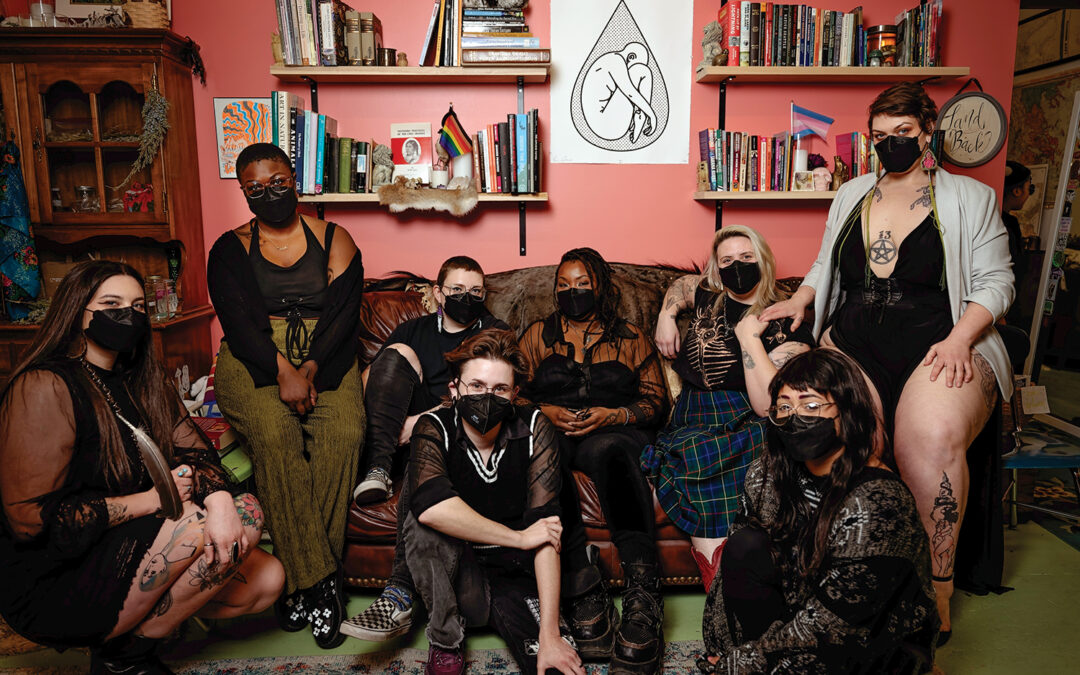
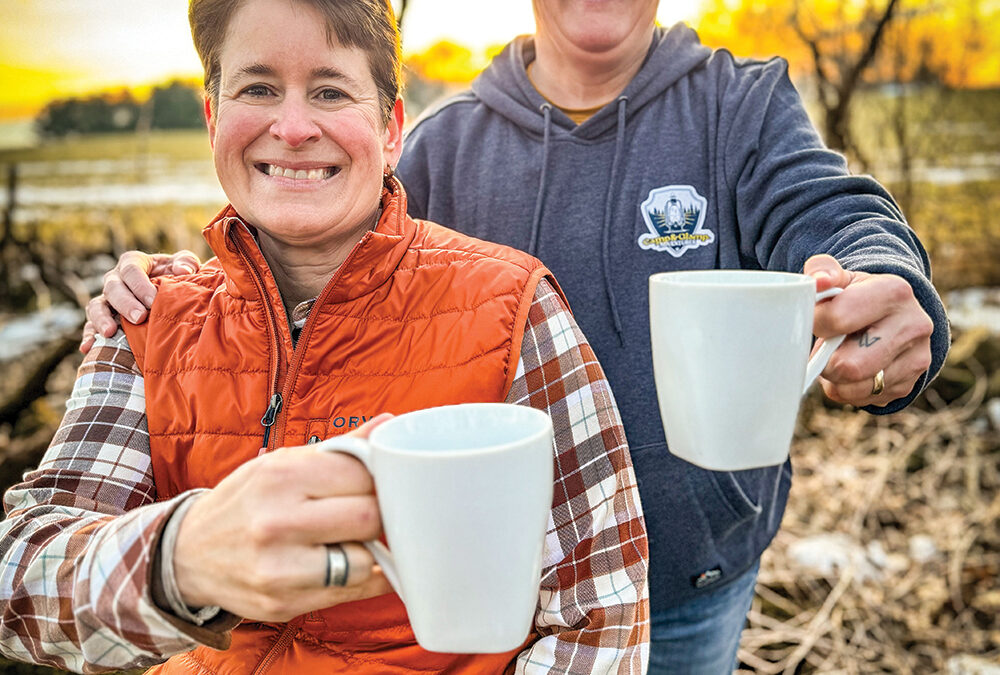
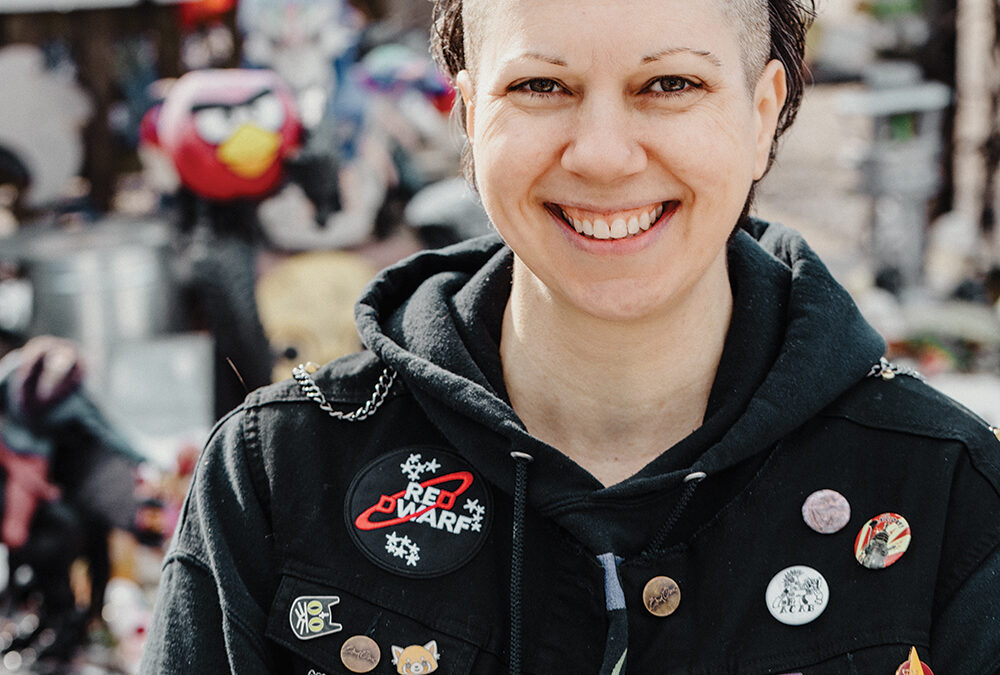
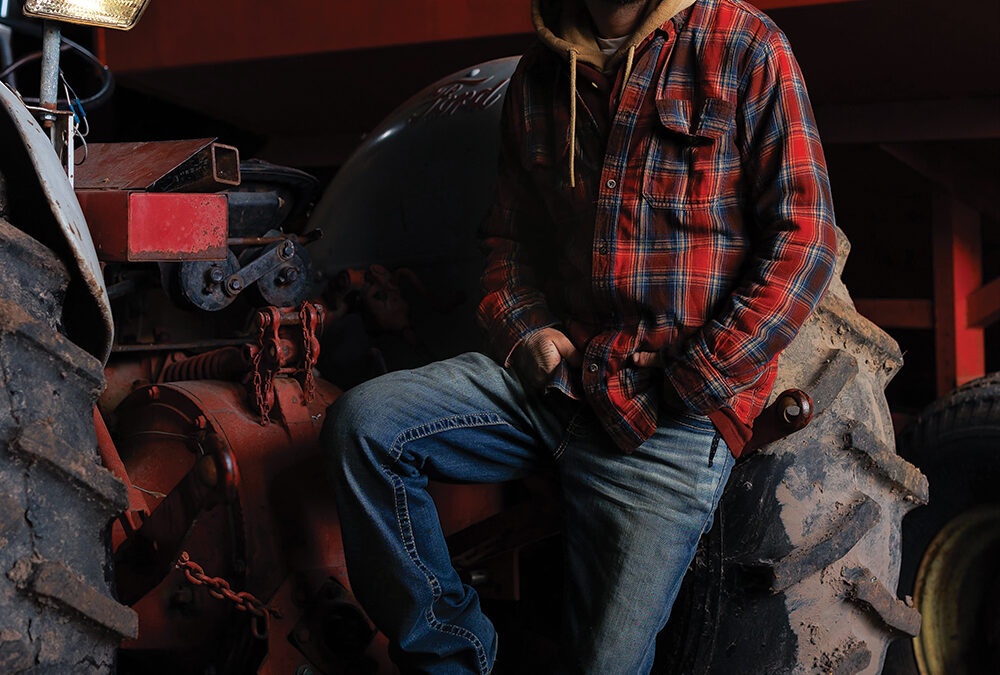
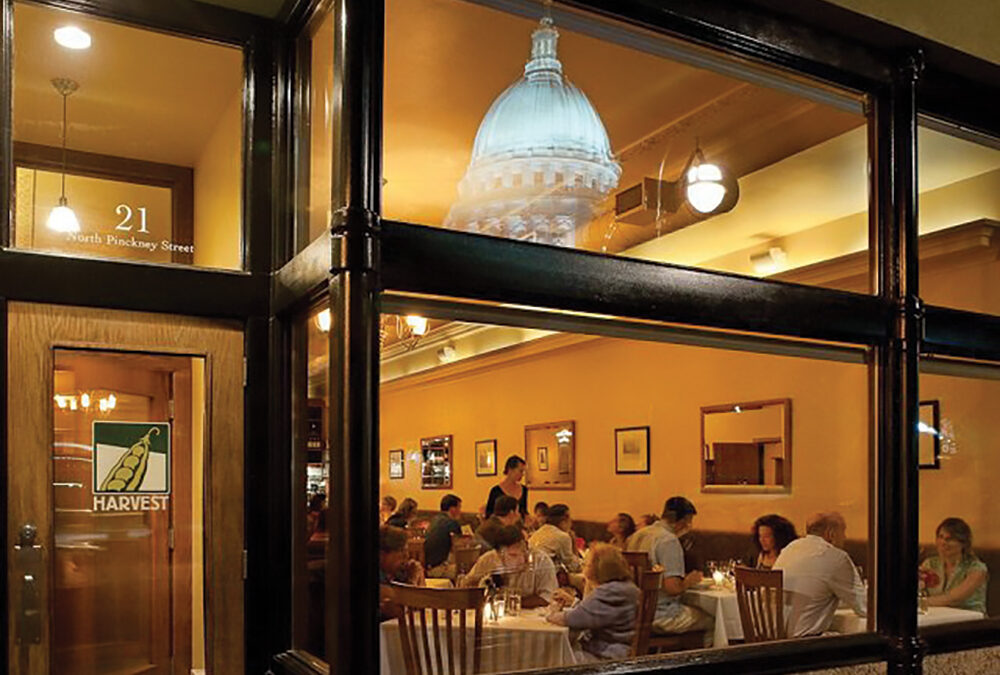
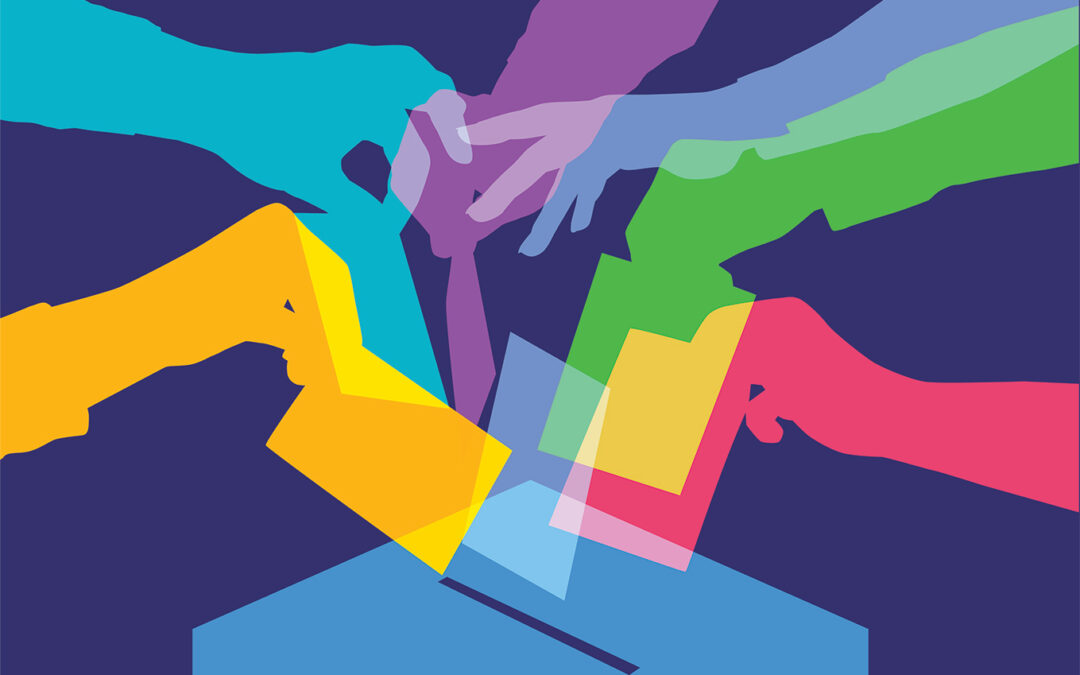
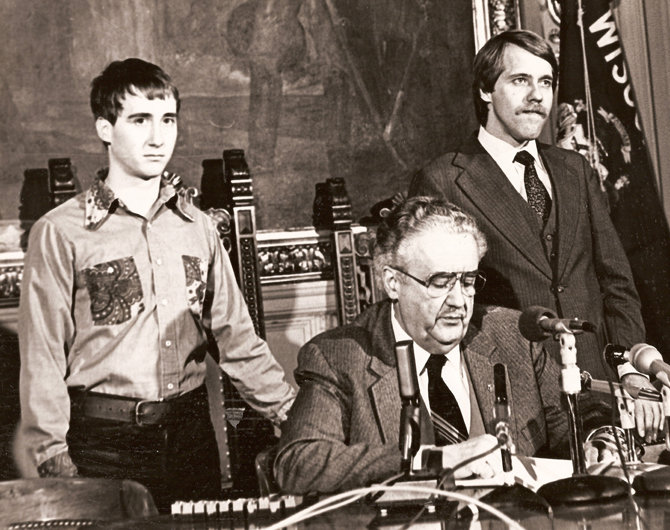









0 Comments